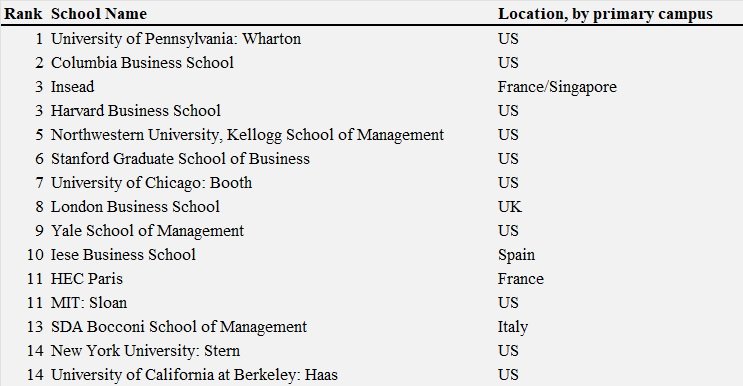Applicants’ use of the GRE over the GMAT in MBA admissions continues to grow, but at a slower rate, according to a recent Poets & Quants analysis. For the past six admissions cycles (since 2016), GRE submissions have been increasing, while GMAT score submissions have been sinking significantly. The last two years, though, have shown a slowing in the GRE growth rate. The flexible test submission policies enacted in response to the pandemic have likely impacted the trend.
GMAT testing volumes have declined annually since 2012, with the exception of 2016 when the numbers increased slightly compared to the year before. Last year’s GMAT testing volume decreased by 47.7 percent compared to 2018, the last pre-pandemic testing year. And the 2021 testing numbers totaled less than one-third of GMAT’s record-high numbers in 2012.
Amidst this decline, the GRE testing volumes steadily increased. However, in the past couple of years, this growth has slowed significantly. Poets & Quants points out that, “For every Virginia Darden School of Business, which saw a 10-percentage-point increase in its GRE submissions from MBA applicants in 2021, there is an Indiana Kelley School of Business, which reported an 11-point year-to-year decline.” The analysis notes that in 2019, an average of 13.5 percent of applicants submitted GRE scores at the Poets & Quants-ranked top 25 business schools, but that number jumped to 27.8 percent in 2020. Within schools ranked in the top ten, the GRE submission averages all increased in 2020. Dartmouth’s Tuck led in GRE submissions at 39 percent, followed by Yale and UC-Berkeley at 35 percent.
This year, within the top 25 schools (24 reported data), the average proportion of GRE submissions increased only slightly, from 27.8 percent to 28.5 percent. And, within the top ten, the average submissions decreased slightly from 28.1 percent in 2020 to 27.9 percent. Stanford, Columbia Business School, Dartmouth Tuck, Duke Fuqua, Michigan Ross, and NYU Stern all reported lower percentages of GRE submissions this year compared to last.
The longer-term trend from 2016 to 2021, though, actually paints a clearer picture of the GRE’s growing place in MBA admissions. Of the top 52 Poets & Quants-ranked MBA programs, 34 schools have increased in the percentage of GRE submissions over time, while just eight have decreased. None of the programs with decreases are ranked in the top 25.




